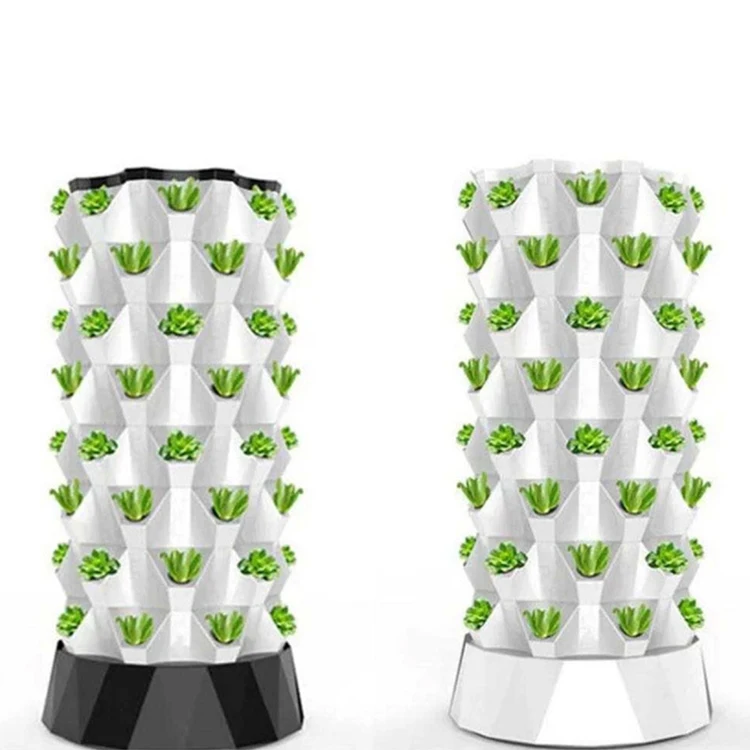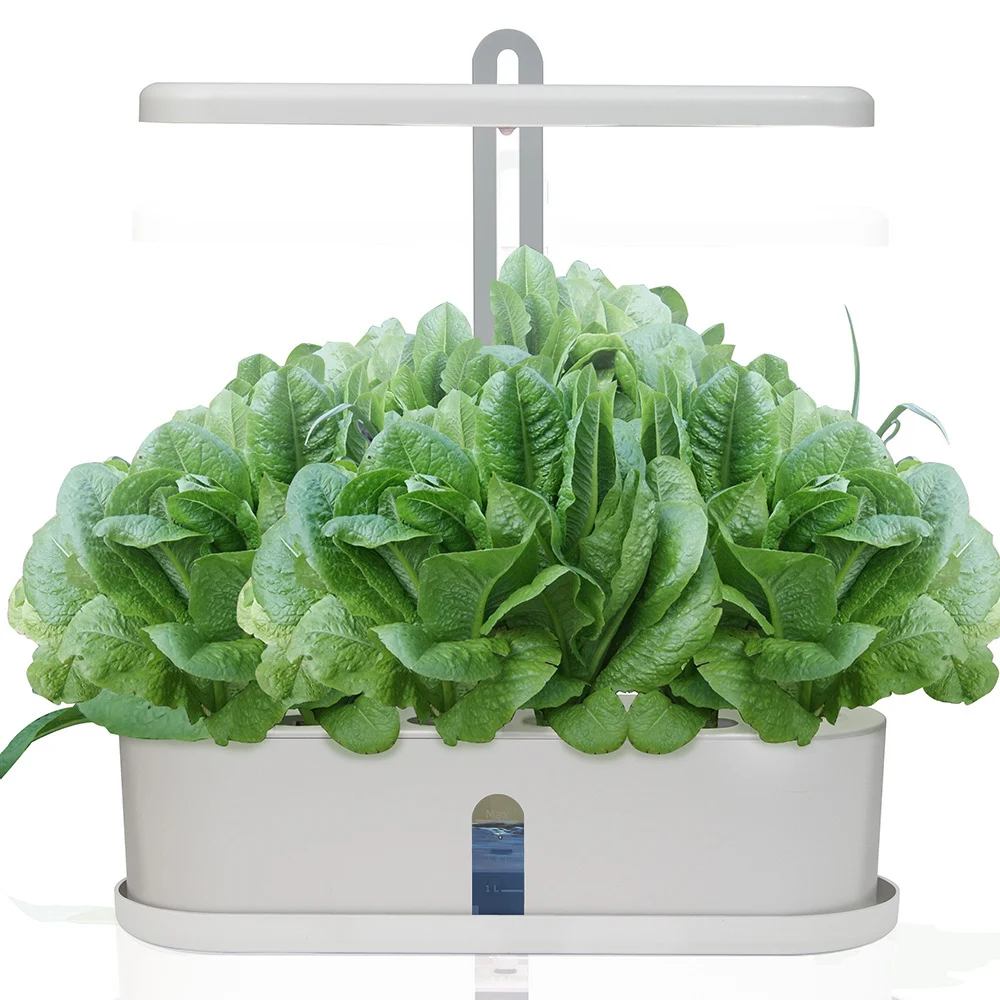Hydroponic Fundamentals: Mastering the Essentials
Hydroponic gardening is a fascinating and rewarding hobby that allows you to grow plants without soil. If you’re an absolute beginner, the prospect of setting up a hydroponic system can seem daunting, but with the right information and a little bit of patience, you can master the fundamentals and start enjoying the benefits of this innovative gardening method.
Understanding Hydroponic Basics
At its core, hydroponic gardening involves growing plants in a nutrient-rich water solution, rather than traditional soil. This approach offers several advantages, such as faster plant growth, increased yields, and the ability to grow plants year-round, even in limited spaces. The key to successful hydroponic gardening is providing your plants with the optimal balance of nutrients, pH, and oxygenation.
Choosing the Right Hydroponic System
One of the first decisions you’ll need to make as a hydroponic newbie is which type of system to use. There are several different options, each with its unique advantages and considerations. Some popular choices include:
Wick System
This is one of the simplest and most beginner-friendly hydroponic systems. It uses a wick to draw the nutrient solution up to the plant’s roots, making it a low-maintenance and low-cost option.
Deep Water Culture (DWC)
In a DWC system, the plant’s roots are submerged in the nutrient solution, which is constantly aerated to ensure adequate oxygen supply. This system is easy to set up and can be highly productive.
Nutrient Film Technique (NFT)
NFT systems use a shallow, constantly flowing stream of nutrient solution to deliver nutrients to the plant’s roots. This system is well-suited for leafy greens and herbs and can be easily scaled up for larger operations.

Selecting the Right Grow Media
The grow media you choose for your hydroponic system plays a crucial role in supporting your plants’ growth. Common options include:
- Rockwool: A versatile, inert grow media that provides excellent aeration and water-holding capacity.
- Coco coir: A renewable, sustainable alternative to peat moss that offers good drainage and air circulation.
- Perlite: A lightweight, porous material that helps improve soil aeration and drainage.
When selecting your grow media, consider factors like water retention, pH compatibility, and ease of use.
Nutrient Management
Proper nutrient management is essential for the health and productivity of your hydroponic plants. You’ll need to carefully monitor and adjust the pH and nutrient levels in your system to ensure your plants are getting the right balance of essential minerals and trace elements. Many hydroponic growers use commercial nutrient solutions, which are formulated specifically for hydroponic systems.
Lighting and Environmental Considerations
In addition to nutrient management, you’ll also need to pay close attention to the lighting and environmental conditions in your hydroponic setup. Most plants thrive in a well-lit environment, so you may need to invest in appropriate grow lights if you don’t have access to natural sunlight. Temperature, humidity, and air circulation are also critical factors that can impact the success of your hydroponic garden.
As an absolute beginner, the prospect of setting up a hydroponic system may seem daunting, but with the right information and a willingness to learn, you can quickly master the essentials and start enjoying the many benefits of this innovative gardening method. By understanding the key components of a successful hydroponic system, you’ll be well on your way to growing healthy, thriving plants in the comfort of your own home or garden.
Common Hydroponic Systems: Choosing the Right Setup for Beginners
Navigating the World of Hydroponic Gardening for Beginners
Are you an absolute beginner in the world of hydroponic gardening? Feeling overwhelmed by the different systems and unsure of where to start? Fear not! This guide will walk you through the most common hydroponic setups, helping you choose the right one to kickstart your journey into the fascinating world of soilless cultivation.
Understanding the Basics of Hydroponic Systems
Hydroponics is the art of growing plants without soil, using nutrient-rich water as the primary medium. This innovative approach offers numerous benefits, including faster growth, higher yields, and the ability to cultivate plants in limited spaces. As a beginner, it’s important to familiarize yourself with the various hydroponic systems available, each with its unique advantages and considerations.
Common Hydroponic Systems for Beginners
| System Type | Description | Pros | Cons |
|---|---|---|---|
| Deep Water Culture (DWC) | Plants are suspended in a nutrient-rich solution, with their roots submerged in water. |
|
|
| Ebb and Flow (Flood and Drain) | Plants are grown in a growing tray that is periodically flooded with nutrient-rich water and then drained. |
|
|
| Nutrient Film Technique (NFT) | Plants are grown in a sloped gutter or channel, with a constant flow of nutrient-rich water running over the roots. |
|
|
| Aeroponics | Plants are suspended in the air, with their roots exposed to a fine mist of nutrient-rich water. |
|
|

Choosing the Right Hydroponic System for Beginners
When selecting a hydroponic system as a beginner, it’s essential to consider factors such as your available space, budget, and the types of plants you want to grow. The systems mentioned above offer a range of options to suit different needs and preferences.
For those just starting, the Deep Water Culture (DWC) and Ebb and Flow systems are generally the easiest to set up and maintain. They provide a stable, reliable environment for your plants to thrive, making them an excellent choice for beginners.
As you gain more experience and confidence, you may want to explore more advanced systems like Nutrient Film Technique (NFT) or Aeroponics, which offer even greater efficiency and control over the growing environment.
Remember, the key to successful hydroponic gardening is to start with a system that aligns with your goals, resources, and level of experience. By choosing the right setup, you’ll be well on your way to growing bountiful, healthy crops without the need for soil.
Conclusion
Becoming a successful hydroponic gardener is easier than you might think. By understanding the basics and choosing the right system, even beginners can thrive in this rewarding hobby.
Hydroponic Fundamentals:
- Nutrients: Essential for plant growth, delivered through a nutrient solution.
- Oxygen: Crucial for root respiration, provided by well-oxygenated systems.
- Lighting: Key to growth, requiring the right intensity, spectrum, and duration.
Common Hydroponic Systems:
- Deep Water Culture (DWC): Simple, with roots in nutrient-rich water and an air pump for oxygen.
- Ebb and Flow: Floods and drains a grow tray, ensuring oxygenation.
- Nutrient Film Technique (NFT): Delivers a thin film of nutrients, ideal for small crops.
- Aeroponics: Roots are misted with nutrients, maximizing oxygen exposure.
With these fundamentals and system options, new hydroponic gardeners can start small, experiment, and grow their skills. Hydroponic gardening offers year-round, fresh produce and the joy of soil-free cultivation.
References
- A Beginner’s Guide to Hydroponics | by Rachel Lee
- How to Start Growing with Hydroponics for Beginners
- Hydroponics for Beginners – First Step Guide
- Complete Guide for Growing Plants Hydroponically
FAQs
What exactly is hydroponics, and why should I consider it?
Hydroponics is a method of growing plants without soil, using nutrient-rich water instead. It’s worth considering because:
– It uses up to 90% less water than traditional gardening
– Plants grow faster and can yield more
– It requires less space, making it ideal for urban environments
– You have greater control over growing conditions
– It can be done year-round, regardless of outdoor weather
What basic equipment do I need to start a simple hydroponic system?
For a basic setup, you’ll need:
– A growing container or reservoir
– A hydroponic nutrient solution
– A growing medium (like Rockwool, perlite, or coconut coir)
– An air pump and an air stone for oxygenating the water
– A water pump (for some systems)
– pH testing kit and adjusters
– Seeds or seedlings
– Grow lights (if you’re growing indoors without adequate natural light)
What’s the easiest hydroponic system for beginners?
The Deep Water Culture (DWC) system is often recommended for beginners due to its simplicity. In this system:
– Plants are suspended in net pots above a reservoir of nutrient solution
– An air pump and air stone oxygenate the water
– Roots grow directly into the nutrient solution
It’s easy to set up, low-maintenance and provides a great introduction to hydroponic concepts.
Which plants are best for beginners to grow hydroponically?
Start with fast-growing, compact plants that are less demanding. Good options include:
– Leafy greens (lettuce, spinach, kale)
– Herbs (basil, mint, cilantro)
– Strawberries
– Cherry tomatoes
– Peppers
These plants are generally forgiving and can provide quick success, boosting your confidence as you learn.
How often do I need to maintain my hydroponic system?
Regular maintenance is key to successful hydroponics. Here’s a basic schedule:
– Daily: Check water levels and plant health
– Weekly: Test and adjust pH and nutrient levels
– Bi-weekly: Top up or completely change the nutrient solution
– Monthly: Clean the system thoroughly
– As needed: Prune plants, harvest, and replace plants
Remember, observation is crucial. As you gain experience, you’ll better understand your system’s specific needs.